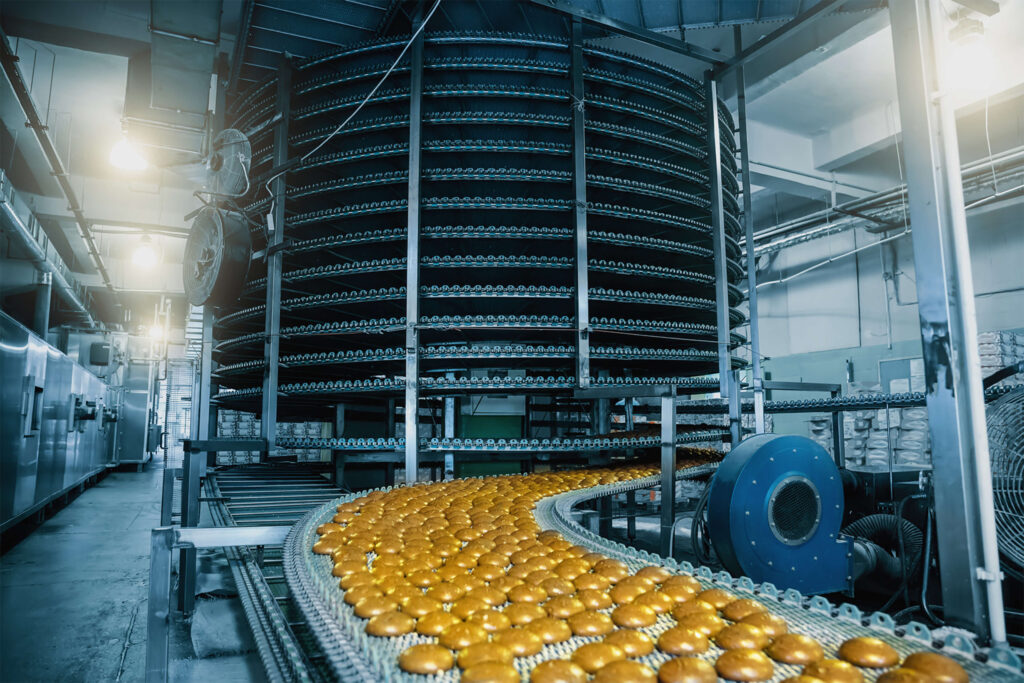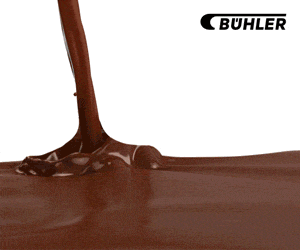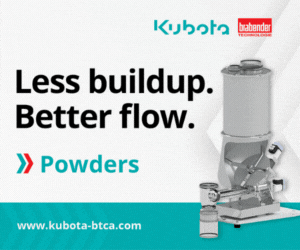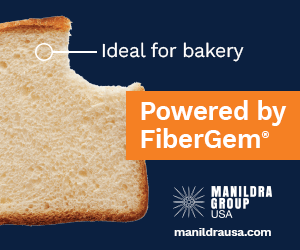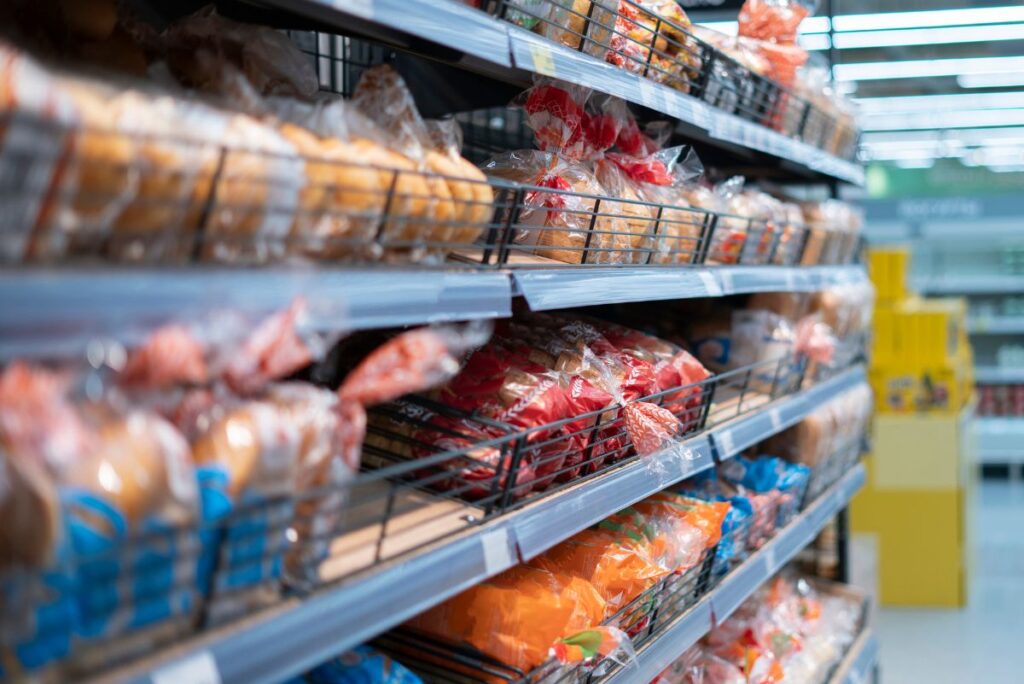DESOTO, KS — During the COVID-19 pandemic, consumers started taking stock of their health in new ways, including stocking up on nutritious foods, finding better-for-you alternatives to indulgent treats and prizing free-from or clean-label products. These demands have posed challenges for commercial bakers.
Cookie producers were hit especially hard. While meeting these consumer trends and producing high volumes of diversified products, many saw automation and their processing equipment as some of their greatest allies.
At De Soto, KS-based Custom Foods, the bakery’s cookie production increased exponentially in the later stages of the pandemic, and that spike in business led to several automated production needs. So, when Ethan Hart, Custom Foods president, saw an opportunity to purchase a new double-arm sigma mixer, he jumped on it. “I know how hard it is to get new equipment because everything’s backed up right now,” Hart said. “I knew our cookie production was going to need it, so when I found out the mixer was available, I said, ‘I’ll take it.’”

